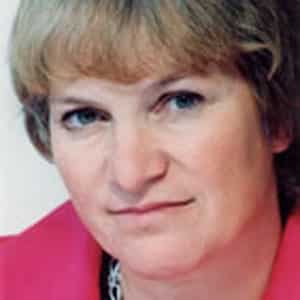Our theatreCat Libby Purves reviews Grenfell – Value Engineering in which Richard Norton Taylor dramatises the Grenfell Enquiry now playing at the Tabernacle Theatre W11.
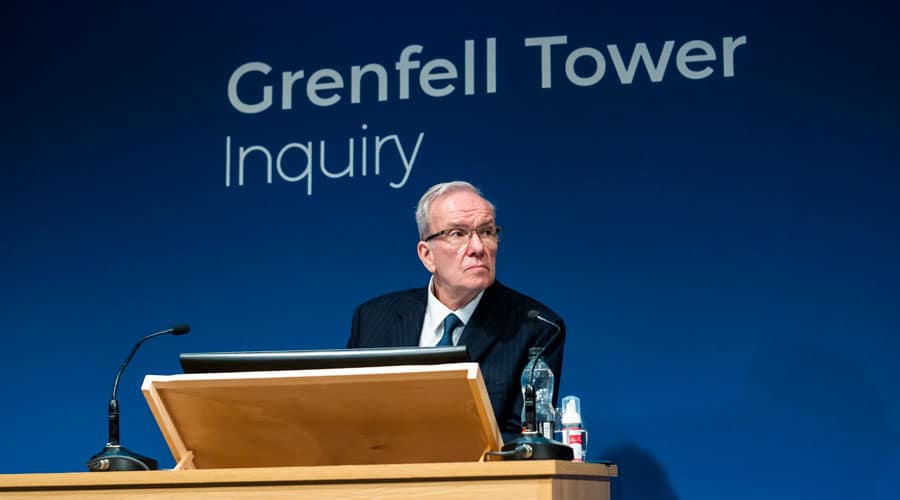
Grenfell – Value Engineering
Tabernacle Theatre W11
4 Stars
BOOK TICKETS
There was a spate of criticism when Richard Norton Taylor’s dramatisation of the Grenfell Inquiry was announced, despite it being a not-for-profit enterprise, set in and for the neighbourhood which grieves the disaster. It’s directed by the legendary master of verbatim and inquiry drama Nicolas Kent (remember him at the Tricycle.? Guantanamo, MacPherson, the Afghanistan sequence?). Some critics were angry that it might be making money for white theatremakers on the back of victims of colour; others suspicious that it was not using their testimonies of victims, but those of the engineers, builders, contractors and local politicians who were middle class and mainly white. The response was obvious: yes, the victims matter intensely, yes, it was a national scandal and betrayal of council tenants in the richest borough in rich London. Their griefs and memories dominated the first year of inquiry, but we also need to know why? who? how? Who signed off what deal, when? How come such highly flammable material was used for cosmetic improvement of the ropy old tower in rich West London, rather than more expensive and safer materials? Were corners were cut, or unpardonable economies calculated because the inhabitants were disadvantaged? Were whistleblowers and reasonable tenant complaints ignored? (pretty much, yes).
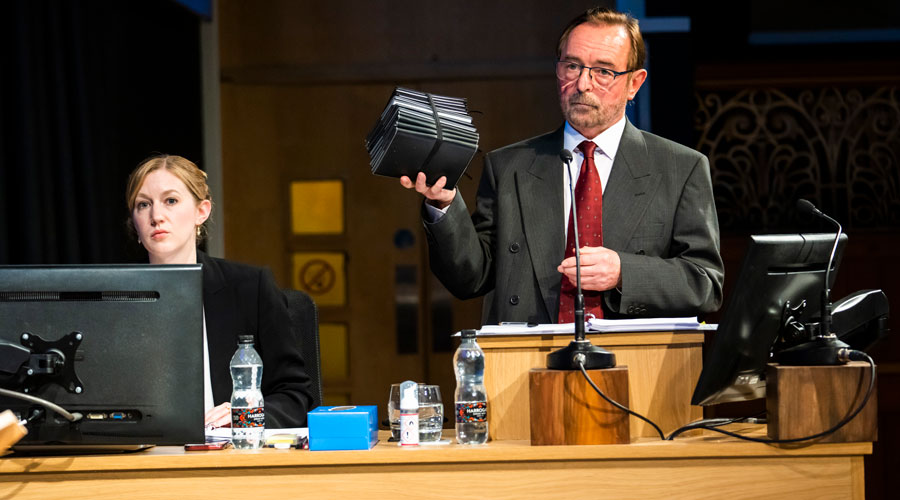
The point of appointing Sir Martin Moore Bick (which again was subject to misguided complaints because he is white and posh, being an elderly judge) was that he’s the right man: his experience is precisely in knotty technical matters like shipping and logistics. Of course, compassion was needed. But for the future, and for any blame that will fall, urgently needed was that forensic, wordy, detailed digging of emails and questions about training, expertise, and the role of aesthetics and economies. That is what the inquiry did. And what this play boils down, shows us in miniature.
But what can a theatre production do? Ram it home, that’s what. In editing important remarks, clarify the central message: that Kensington and Chelsea council were more worried about aesthetics than tenants’ safety and decent facilities, that an architectural practice was not expert of interested in fire safety, that a cladding supplied who found it ever harder selling a flammable product in Europe was keen to unload it on the UK, that our regulations on this were either inadequate or ignored.
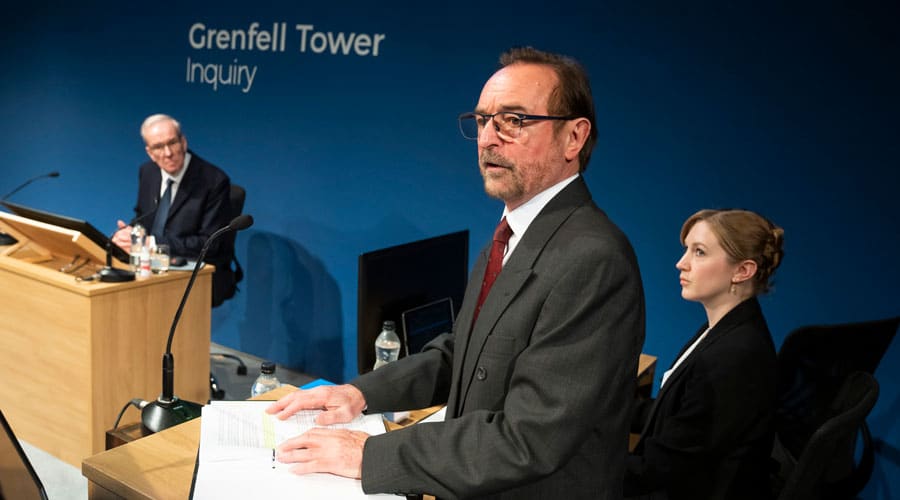
Don’t expect high drama or Rumpolean orations: it is carefully set in a bland room, with Ron Cook as the main QC and Thomas Wheatley as Sir Martin Moore-Bick in the chair: a calm, listening judge with a long career in technical shipping matters. Actors speak the exact lines of lawyers and witnesses. Once, a horrified building control officer (played by Howard Ward) admits he was the “final link” who might have defied what was being done. Once there is a woman (Polly Kemp) admitting she “binned” her notebooks about crucial meetings even after the fire. The actors have studied footage of the people they play, and do it understatedly, realistic. Sometimes a screen shows emails between the Council, the contractors, the salesman in the cladding firm.
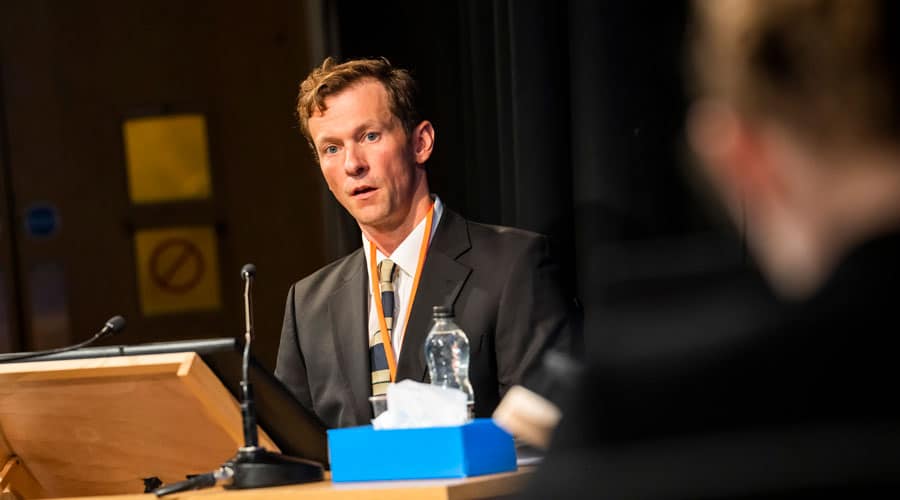
The civility, the calm, and the painful, painful questioning grip you: I sat among some school parties from the neighbourhood, concentrating intensely. The statements from suppliers of the Celotex material which replaced a safer more expensive option offer real moments of underemphasised shock. There are strong brief speeches from two barristers representing survivors, but the devil is in the detail: in failures of careful public duty. Tells too much about a Britain, and a local authority, that could do better.
Grenfell Value Engineering runs at The Tabernacle until 13 November. Then to Birmingham Rep.

